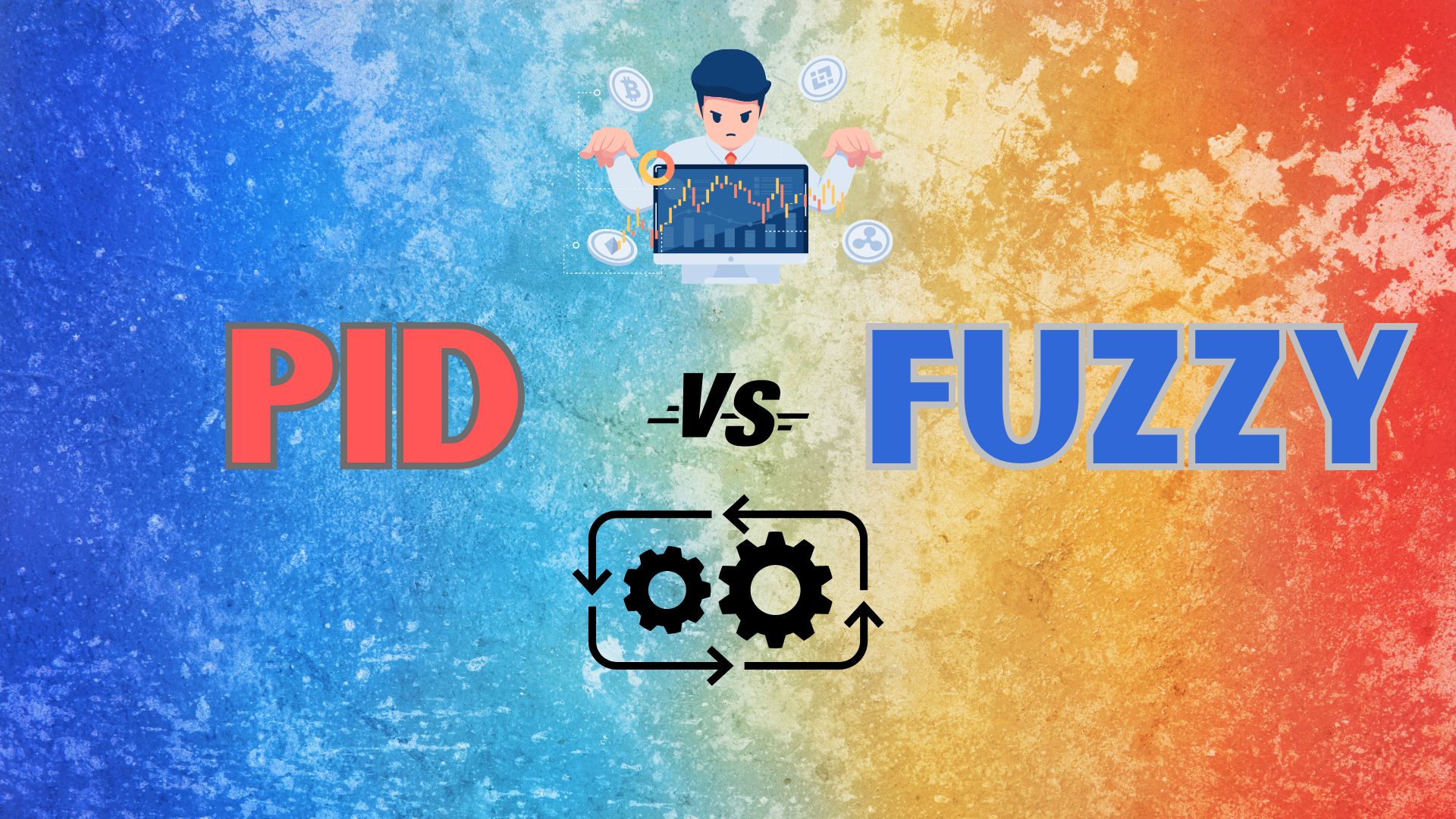In the field of power electronics, where precise control and efficient energy management are paramount, the choice of control methodology can significantly impact system performance. Two commonly employed control strategies in power electronics are Proportional-Integral-Derivative (PID) controllers and Fuzzy Logic Controllers (FLCs). Both approaches offer unique advantages and are suited to different applications. In this article, we will delve into a comparative analysis of PID and Fuzzy Logic controllers, examining their principles, strengths, weaknesses, and suitability in various power electronics applications.
Understanding PID Controllers
PID controllers are ubiquitous in control systems across various industries due to their simplicity and effectiveness. They operate based on three main control actions: proportional, integral, and derivative, each contributing to the overall control effort.
- Proportional (P) Action: It produces a control output proportional to the current error, which is the difference between the desired setpoint and the actual process value. The proportional term provides stability and reduces steady-state error.
- Integral (I) Action: This component integrates the error over time, effectively eliminating steady-state error and providing improved tracking performance. It helps in correcting long-term system deviations.
- Derivative (D) Action: The derivative term accounts for the rate of change of the error. It anticipates future behavior based on the current error trend, damping out rapid changes and improving system response time.
Advantages of PID Controllers in Power Electronics:
- Simplicity: PID controllers are relatively straightforward to implement and tune, making them suitable for many industrial applications without requiring extensive expertise.
- Robustness: With proper tuning, PID controllers can provide robust performance across a wide range of operating conditions, making them suitable for systems with varying dynamics.
- Well-Established Theory: PID control theory is well understood and extensively documented, facilitating easy implementation and troubleshooting.
Limitations of PID Controllers:
- Linear Model Assumption: PID controllers assume linearity in system dynamics, which may not hold true for all power electronics applications. Non-linearities can lead to suboptimal performance.
- Tuning Challenges: Achieving optimal PID controller performance often requires fine-tuning of controller parameters, which can be time-consuming and may necessitate iterative experimentation. To help students understand PID controller tuning, I prepared an online course “Tuning the Gains of PID Controller with MATLAB“. It will simplify the process of setting the gains of PID controller. It explains fundamentals of control system, PID controller and then with the help of an applications and examples you will learn how to tune the PID controller.
- Limited Adaptability: PID controllers lack adaptability to changing system conditions or uncertainties, potentially leading to suboptimal performance in dynamic environments.
Fuzzy Logic Controllers: A Versatile Alternative
Fuzzy Logic Controllers (FLCs) offer an alternative approach to control systems, particularly suited to applications with non-linearities, uncertainties, and complex dynamics. FLCs leverage fuzzy logic, which allows for linguistic variables and fuzzy sets, enabling more intuitive control decisions.
- Fuzzification: Fuzzy logic enables the representation of imprecise inputs and linguistic rules, allowing for a more human-like decision-making process.
- Inference Engine: FLCs employ fuzzy inference rules to derive control actions based on fuzzy input-output relationships, enabling adaptive and context-aware control.
- Defuzzification: The final fuzzy output is converted back to crisp values through defuzzification, providing precise control signals to the system actuators.
Advantages of Fuzzy Logic Controllers in Power Electronics:
- Non-Linearity Handling: FLCs excel in handling non-linearities and uncertainties present in many power electronics systems, offering robust performance across a wide range of operating conditions.
- Adaptability: Fuzzy logic enables FLCs to adapt to changing system dynamics and uncertainties without the need for extensive retuning, making them suitable for dynamic environments.
- Linguistic Control Rules: FLCs allow for intuitive representation of control rules using linguistic variables, facilitating ease of understanding and knowledge incorporation from domain experts.
Limitations of Fuzzy Logic Controllers:
- Complexity: FLCs can be more complex to design and implement compared to PID controllers, requiring a deeper understanding of fuzzy logic principles and potentially increased computational resources.
- Subjectivity in Rule Setting: The effectiveness of FLCs heavily depends on the selection and tuning of fuzzy inference rules, which can be subjective and may require domain expertise.
- Interpretability: While linguistic control rules offer intuitive understanding, the interpretability of FLCs may suffer when dealing with large and complex rule sets.
In case if you want to know more about fuzzy logic controller, I recommend my course on fuzzy logic which is famous amongst students.
Application Considerations:
- PID Controllers: Ideal for systems with well-defined linear dynamics, minimal uncertainties, and where simplicity and ease of implementation are critical, such as temperature control, motor speed regulation, and basic feedback systems.
- Fuzzy Logic Controllers: Suited for applications with non-linearities, uncertainties, and complex dynamics, including power converters, renewable energy systems, and fault-tolerant control, where adaptability and robustness are paramount.
Conclusion:
In the field of power electronics, the choice between PID and Fuzzy Logic controllers hinges on the specific requirements and characteristics of the application at hand. While PID controllers offer simplicity and robust performance in linear systems, Fuzzy Logic controllers excel in handling non-linearities, uncertainties, and dynamic environments. Understanding the strengths, weaknesses, and application domains of each control strategy is essential for designing effective and efficient control systems in power electronics. Whether it’s achieving precise voltage regulation in a power converter or optimizing energy harvesting in a renewable energy system, the selection of the appropriate control methodology plays a crucial role in achieving desired performance outcomes.
